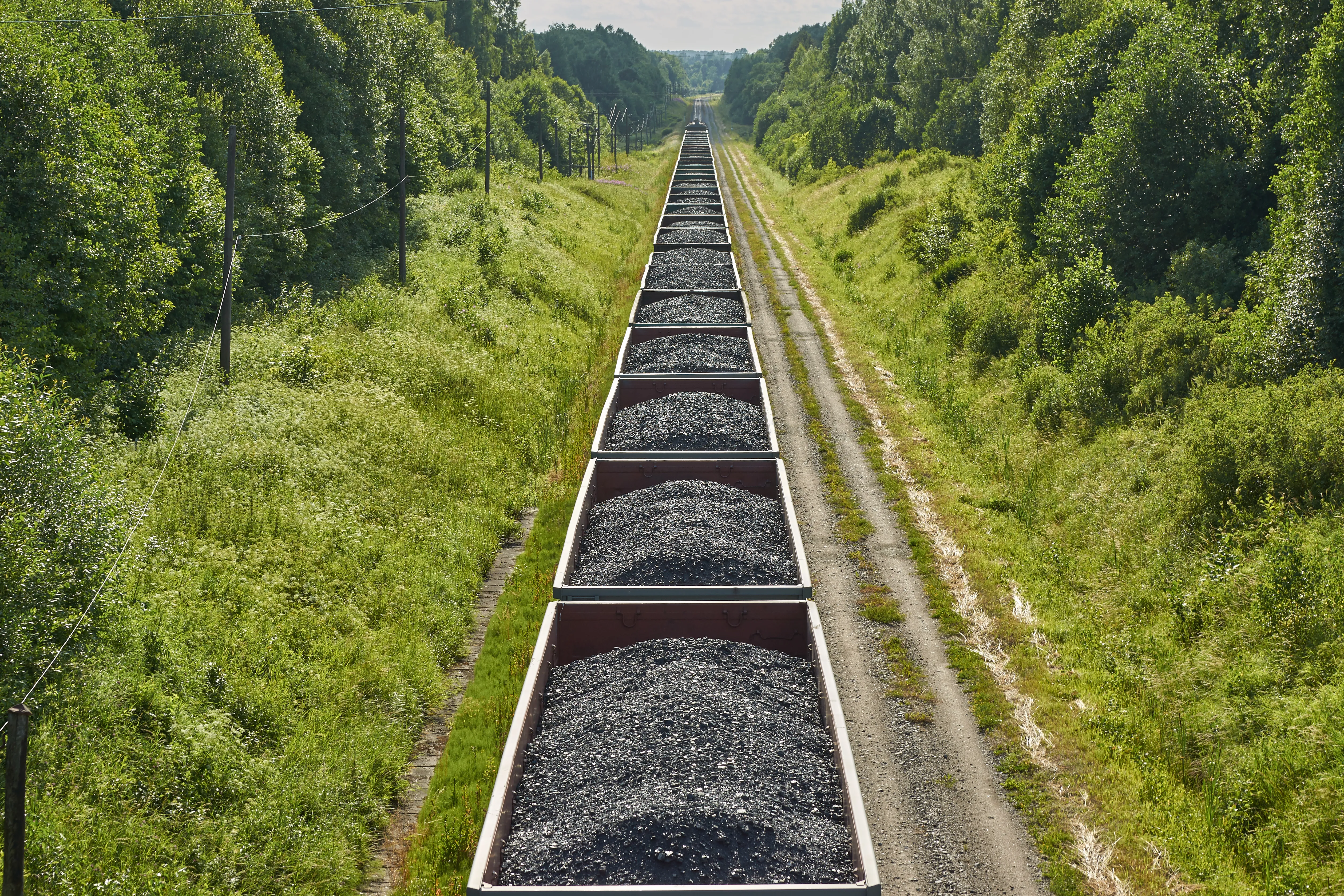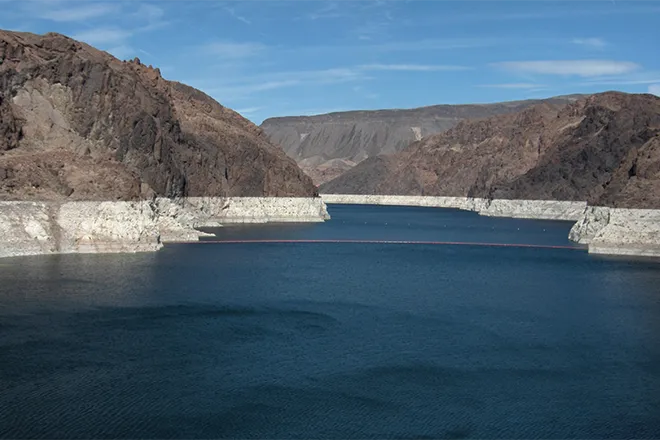
Daily Audio Newscast Afternoon Update - February 12, 2025
© INDU BACHKHETI - iStock-1336427297
News from around the nation.
Trump executive order vows substantial cuts to federal workforce; KY counties make decisions on how to spend opioid settlement payments; Programs in rural NC, other states provides cost-efficient energy upgrades; Grant helps tribes, nonprofits plan to expand range of sea otters.
Transcript
The Public News Service Wednesday afternoon update, I'm Mike Clifford.
President Trump signed an executive order Tuesday that requires federal agencies to work with U.S.
DOJ to cut their existing workforce and limit future hiring.
The most explicit statement yet by the president that he supports large-scale cuts to the federal workforce.
That's from the Washington Post.
The executive order gives billionaire Elon Musk's DOJ, tasked with finding government inefficiencies, even more power than it has amassed in the first three weeks.
The order installs a DOJ team lead at each agency and gives that person oversight over hiring decisions.
And as opioid settlement money continues to flow into Kentucky, counties are having to make major decisions on how to spend it.
University of Kentucky College of Public Health assistant professor Margaret Gladry explains smaller counties with fewer resources face greater challenges seeking community input on how to use the funds.
I think there is certainly a capacity issue, right, when we're asking each of these local governments to engage in communities in decision making and then spend the money in accordance with that decision making.
The Commonwealth is slated to receive around $900 million statewide across the various settlements involving companies that distributed opioids, such as CVS, Walgreens and Walmart, and pharmaceutical companies, such as Purdue Pharma and the Janssen Pharmaceutical Companies of Johnson & Johnson.
Nadia Ramligan reporting.
And programs in North Carolina and across the country are bringing energy efficiency to rural customers without breaking the bank.
Known as inclusive utility investments, the programs provide upgrades at low repayment rates so that customers don't go into debt and also save money on their energy bills.
Roanoke Cooperative in North Carolina has a program called Upgrade to Save that provides this service.
Susan Williams with the cooperative says the loan for upgrades is usually paid back over 12 years.
Although they may have the added amount, the upgrades bring the amount of the bill down to a point where even adding the tariff to the bill, the member owners still show savings and their home is more energy efficient.
Rural Americans spend up to 40 percent more on energy than their urban counterparts, according to the Rural Power Coalition.
I'm Eric Tegethoff reporting.
Next, the push to reintroduce Southern Sea Otters to greater sections of the California and Oregon coast is getting a big boost from a 1.56 million dollar grant from the National Fish and Wildlife Foundation, part of the America the Beautiful Challenge Program.
Robert Kenta serves on the Confederated Tribes of Silents Indian Tribal Council, which is part of the Alaka Alliance, focused on helping sea otters thrive.
Because they don't just maintain the habitat of the near shore ecosystem, they create that kelp forest habitat, which leads to abundance and diversity, and that's always been recognized by our tribal stories.
Over the next three years, tribes and non-profit partners will build public awareness of the need to expand sea otters' range.
This is Public News Service.
A former community organizer and a newly elected lawmaker is responding to the Trump administration's escalating attacks on the press when they proposed law to strengthen privacy protections for journalists in New Mexico.
Representative Sarah Silva says House Bill 153 is needed to replace a state statute last updated in the 1970s before the internet, email, and cell phones.
With the Trump administration targeting journalists as enemies of the state for reporting the daily news, she says it's important to reinforce a reporter's privilege to protect their sources.
Given the current state of affairs at the federal level, I want to do as much as I can to protect journalists here in New Mexico from the threat of subpoena or some sort of civil case.
I'm Roz Brown.
And the Trump administration has begun to dismantle the EPA's office that deals with reducing environmental harms to minority and low-income communities that have faced the brunt of climate change and pollution.
More than 160 staffers in the EPA's Office of Environmental Justice and Civil Rights were put on paid administrative leave last week.
Combined with two other offices in 2022, more than 200 staffers work for the office.
Adrienne Hollis with the National Wildlife Federation says the office has an important role in making sure environmental health efforts are distributed equally.
The Office of Environmental Justice and Civil Rights focuses on issues that affect communities and groups of people that are disproportionately impacted by environmental issues or disproportionately impacted when rules and regulations are not followed or even when there are issues around site cleanup.
The office was first created by former President George H.W. Bush in 1992.
Since 2014, the Environmental Protection Agency has conducted more than 300 reviews of civil rights compliance, including eight in the Commonwealth.
I'm Zimone Perez.
We head finally to Illinois, a top meatpacking state, and the latest study reinforces the dangers workers in this industry often face.
Eighty-one percent of poultry workers are at high risk for musculoskeletal disorders, according to the U.S. Department of Agriculture study.
Nearly half reported moderate to severe pain in the past year, but say they didn't report it to their supervisors.
Investigative journalist Nina Ilkati with the publication Sentient says the high peace rate system, or how many pieces of meat a worker packages in a given amount of time, is the driving factor.
A lot of people working in meatpacking facilities are migrant and immigrant workers.
Some potentially might not be documented.
I'm Judith Ruiz, Branch Reporting.
This is Mike Clifford for Public News Service, member and listener supported.
Hear us on interesting radio stations, your favorite podcast platform, find our content, and our trust indicators at publicnewsservice.org.

















